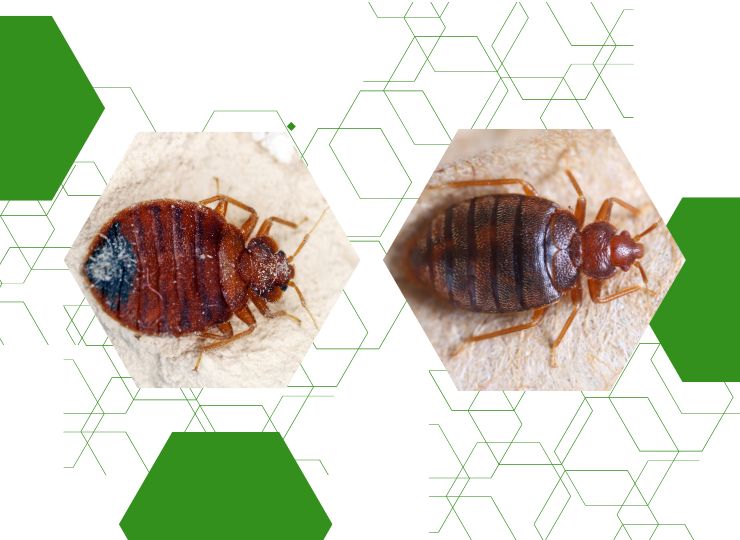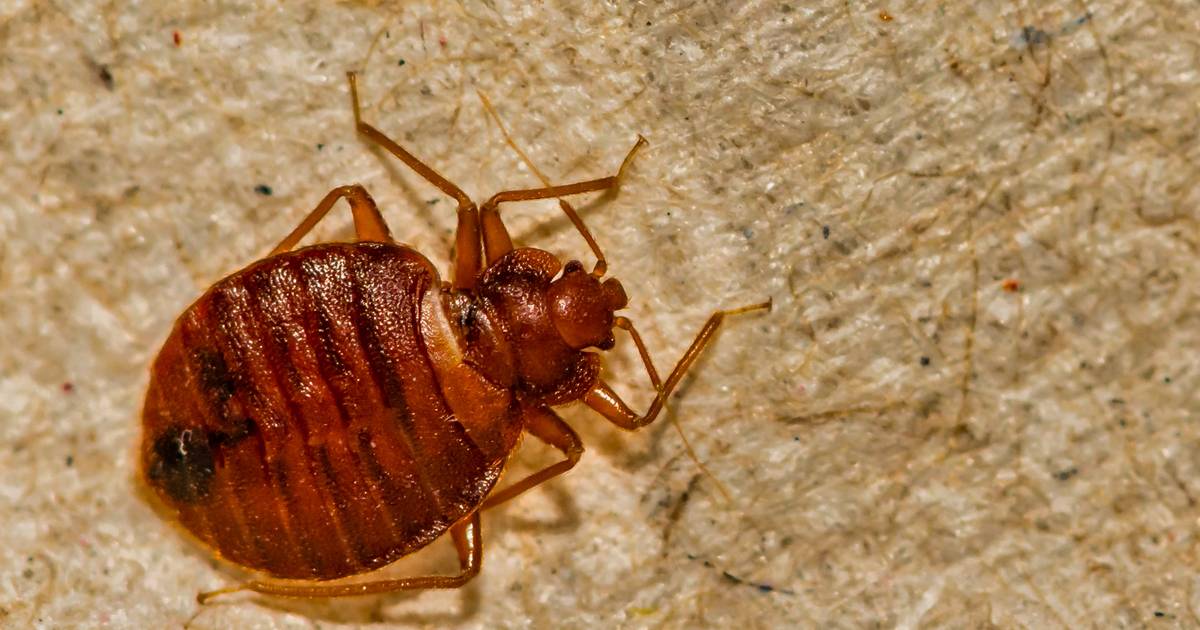Obtain Enlightened About the Types of Bug Control Methods and Their Benefits for Home Owners
Understanding the different parasite control approaches available to home owners is important for efficient parasite management. From chemical and biological techniques to mechanical and cultural methods, each technique offers unique benefits that can substantially influence both wellness and environmental safety. Property owners who are well-informed can make calculated choices that not only address bug concerns yet additionally enhance the overall high quality of their living environment. As we discover these methods even more, it comes to be clear that the decision-making procedure involves more than simply prompt outcomes; it discuss lasting sustainability and health. What variables should affect these crucial decisions?
Chemical Bug Control Approaches
Chemical bug control techniques are an essential element of integrated pest management approaches for property owners seeking effective remedies to pest invasions. These methods entail the application of chemical materials developed to eliminate or hinder insects that threaten personal effects, wellness, and comfort. Usual chemicals utilized include pesticides, rodenticides, fungicides, and herbicides, each tailored to target specific bugs.
The primary benefit of chemical insect control is its quick effectiveness; several formulations give prompt results, lowering pest populations significantly quickly. In addition, developments in chemical formulations have caused products that are a lot more environmentally friendly and have reduced poisoning levels for non-target microorganisms when used correctly.

Organic Insect Control Techniques
All-natural bug control techniques have actually gotten importance as property owners look for much safer and much more sustainable choices to standard chemical methods. Organic insect control techniques make use of natural predators, bloodsuckers, or microorganisms to take care of bug populations properly. This technique is not just ecologically friendly yet likewise minimizes the danger of harm to non-target varieties, including beneficial pests and wild animals.
Among the most usual biological control approaches involves presenting natural killers into the setting. As an example, ladybugs can be used to regulate aphid populations, while nematodes target soil-dwelling bugs like grubs. Furthermore, parasitoids-- organisms that survive on or within a host-- can be employed to manage specific parasite species by laying eggs inside them, inevitably resulting in their death.
Another strategy is the use of biopesticides, which are originated from natural materials such as plants, minerals, or germs (bed bug exterminator). These products can efficiently target parasites while posing very little threat to pet dogs and humans. In general, organic bug control techniques offer house owners with a reliable means of insect administration that straightens with eco-friendly principles, promoting a healthier living environment while decreasing reliance on synthetic chemicals
Mechanical Pest Control Methods
Mechanical bug control approaches incorporate a selection of approaches that literally stop or remove parasites without the usage of chemicals. These strategies are especially beneficial for homeowners looking for eco pleasant alternatives while making certain the safety and security of their space.
One common approach is the usage of obstacles, such as webs, displays, and traps, which prevent parasites from getting pest removal in homes or certain areas. For circumstances, setting up home window screens can effectively maintain bugs out, while utilizing physical barriers around yards can prevent larger pests like deer or bunnies. Additionally, mechanical catches developed for rats can catch and remove these parasites without the requirement for poisonous compounds.
Another reliable technique entails the use of mops and vacuum cleaners to remove bugs straight from surfaces. Normal cleaning and upkeep can dramatically decrease parasite populaces by eliminating food resources and concealing areas. Employing gadgets like ultrasonic bug repellents can deter different pests with audio waves that are unpleasant to them however faint to humans.
Cultural Bug Control Practices
Social pest control methods concentrate on customizing the environment and administration strategies to create conditions that are less for pest problems. These practices are essential in preserving a well balanced ecosystem and minimizing the dependence on chemical treatments. By modifying agricultural practices, property owners can successfully hinder parasites while promoting plant health.
One usual approach includes crop rotation, which disrupts the life cycles of insects by altering the kinds of plants grown in a certain area (bed bug exterminator). This not only reduces pest populations but also improves soil health. Additionally, intercropping-- planting varied plants in closeness-- can puzzle bugs and minimize their capability to find their favored host plants
Water administration is another vital element of cultural practices. Correct irrigation techniques can prevent standing water, which acts as a breeding place for insects and various other bugs. Moreover, preserving cleanliness in and around the home, such as routinely getting rid of particles and food waste, can substantially minimize insect attraction.
Incorporating these social methods into a thorough insect management approach allows home owners to produce an atmosphere that normally discourages pests, consequently enhancing the moved here performance of other control techniques while promoting lasting horticulture and landscaping.

Integrated Bug Monitoring Approaches
Integrated Pest Administration (IPM) stands for an all natural strategy that combines different methods to properly manage pest populations while lessening ecological influence. This technique incorporates organic, social, physical, and chemical practices to attain lasting pest control. By assessing pest populations and their natural enemies, IPM emphasizes monitoring and determining insects before executing control steps.
One of the core principles of IPM is using thresholds, which develop the degree of parasite task that necessitates treatment. This makes certain that therapies are used only when required, reducing the reliance on chemical pesticides. Organic control approaches, such as presenting all-natural predators or parasites, operate in combination with social methods like crop rotation and environment control to interfere with pest life process.
In addition, IPM urges making use of least-toxic chemical options when intervention is required, prioritizing products that position minimal threat to non-target organisms and the environment. For house owners, adopting IPM comes close to not just improves the effectiveness of insect monitoring but additionally promotes a much healthier living setting, fostering biodiversity and minimizing chemical exposure. Inevitably, IPM encourages house owners to make informed decisions that stabilize bug control with environmental responsibility.
Verdict
In final thought, comprehending the different bug control methods encourages property owners to make informed decisions relating to pest administration. Each strategy-- chemical, organic, mechanical, social, and incorporated bug management-- provides distinct benefits that provide to various needs and choices.
Understanding the different bug control approaches offered to home owners is necessary for effective parasite monitoring.Chemical bug control methods are a critical element of integrated insect administration methods for homeowners seeking efficient options to pest invasions. Overall, organic parasite control methods this page offer home owners with an efficient ways of insect management that aligns with eco-friendly concepts, advertising a healthier living atmosphere while reducing dependence on synthetic chemicals.
Social parasite control techniques focus on changing the setting and management techniques to produce problems that are less conducive to pest invasions.In final thought, recognizing the numerous parasite control methods encourages homeowners to make informed choices relating to pest management.
Comments on “Fast Pest Control Arlington VA for Homes and Businesses in Need of Help”